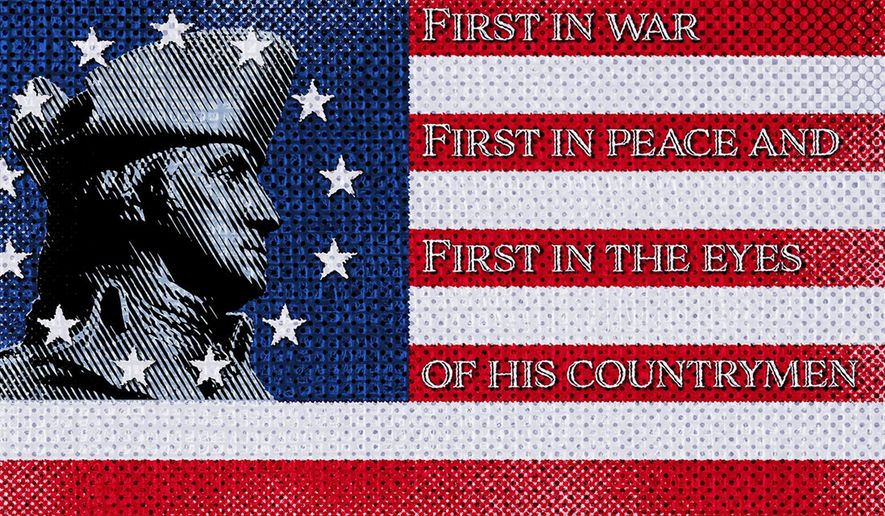OPINION:
Those familiar with the Bible will remember the opening words of the story of Noah: “Noah was a righteous man in his generation.” This statement becomes the underpinning for God’s decision to spare Noah and his family when the Almighty unleashes a destructive flood intended to obliterate a world that has become corrupt.
It does not take a biblical scholar to ascertain that the praise of Noah is qualified; that it is contextual. This description of Noah strongly suggests that by the standards of other times, Noah might not have been worthy of being saved. In fact, the Bible will later inform us that Noah was a drunk, devoid of self-restraint and hardly a paragon of virtue. Yet, in the eyes of God, he was deemed worthy of being saved because he was a better person than the miscreants of his time, even though he was not necessarily a righteous person by the standards of other eras, including our own. With its description of Noah, the Bible provides us with a powerful reminder that the judgments we bring to bear on historical characters cannot be based upon either abstract or anachronistic factors. We must evaluate people in the context of their world, not of ours.
That reminder seems especially important in our era of cancel culture and, comes powerfully to mind with respect to the reported current proposition that The George Washington University in the District of Columbia must change its name because its namesake was a slaveholder. Perhaps the Noah story can help us to better appreciate why it is entirely appropriate to honor George Washington, in spite of his flaws.
The vital role that Washington played in the history of our nation did not relate to his personal wealth or his comportment in his personal life. Rather, it had to do with the critical leadership that he provided during the American War of Independence and its aftermath.
Furthermore, the recognition given to Washington is appropriate for an even more important reason. After the colonies had gained their independence, Washington was given the possibility of being designated as the ruler of the new country for life. He refused. Then, as he approached the end of his second term as president, when he could easily have stayed on as president, he announced that he would be retiring to his estate at Mount Vernon and would be handing over his authority to a democratically selected successor.
Few people seem to be aware of it today, but this voluntary abandonment of the supreme power was a first in modern history. The notion that a head of state would willingly relinquish the power that he had, while still alive and in good health, was essentially unheard of. Until Washington chose to step aside, rulers had surrendered their authority only when forced to do so by death or violent removal from their positions.
Washington set in motion a pattern that, more than any other, assured that the executive power in the United States would change hands regularly in accordance with the will of the people, thereby creating a powerful democratic legacy and setting us on a unique path.
Yes, the man who set in place this most fundamental pillar of American democracy was a slaveholder. It is even said that he was harsh to some of his slaves. He was a distinctly flawed human being who, in this respect, behaved in a manner consistent with his times and those of his class. However, in regard to the exercise of power, he did not follow the pattern of his epoch — he transcended it. Unlike the European monarchs or Middle Eastern potentates of his time, he rose above the pursuit of self-aggrandizement and personal power. He was better than they were; he was more righteous in his understanding of the role that a leader should play.
At Washington’s funeral, Henry Lee, described the deceased president with the immortal words, “First in war — first in peace — and first in the hearts of his countrymen.” Through his eulogy, Lee clearly placed Washington in his historic context. He noted that the late president stood out as an example in his time. He did not seek to compare him to ancient prophets or figures from a different age. Nor did he suggest that he towered over other historical figures. He praised Washington, not for having been perfect, but for having been the very best in his time.
There is no need to nullify or cancel any portion of Washington’s life. He made mistakes. His ownership of slaves was only one of many mistakes he assuredly made during the course of his relatively long life. But it is not for his mistakes that he is remembered; he is remembered for his remarkable contributions to the creation of our nation and its institutions — which have withstood the vagaries of time. He sacrificed large portions of his life to the cause of freedom and set an extraordinary example for his contemporaries. He was assuredly among the best of his generation and in his case, contrary to Noah’s, an extraordinary generation.
We should reject the attempts to cancel the greatness of Washington; we should refuse to adopt the efforts to distort and destroy our historic leaders and our national narrative. Let us leave Washington with the acknowledgment that he was a giant of his time and that, even if imperfect, he remains amply worthy of all of the honors which have been bestowed upon him.
• Gerard Leval is a partner in the Washington office of a national law firm. He is the author of “Lobbying For Equality: Jacques Godard and the Struggle for Jewish Civil Rights During the French Revolution,” published earlier this year by HUC Press.




Please read our comment policy before commenting.